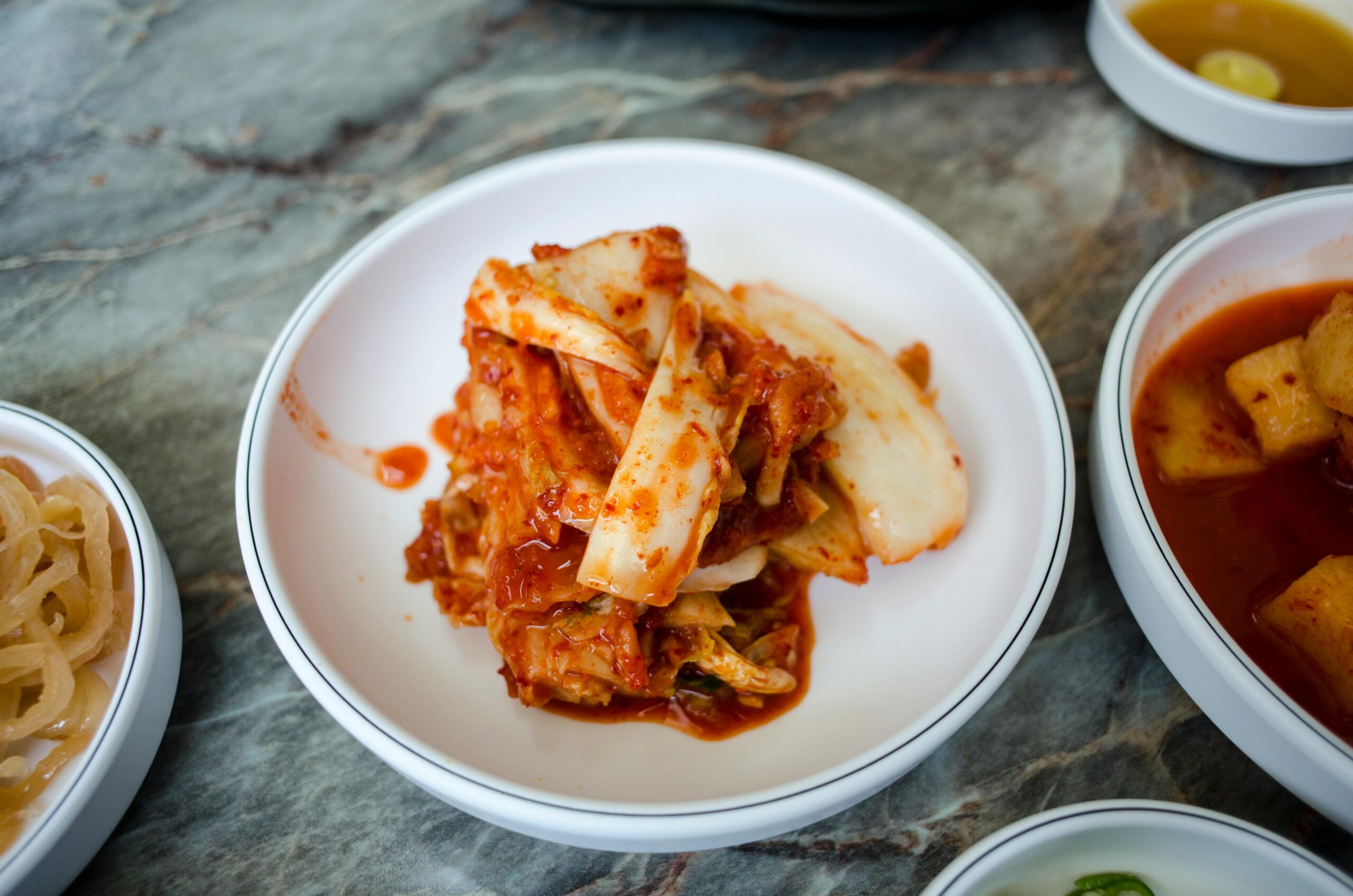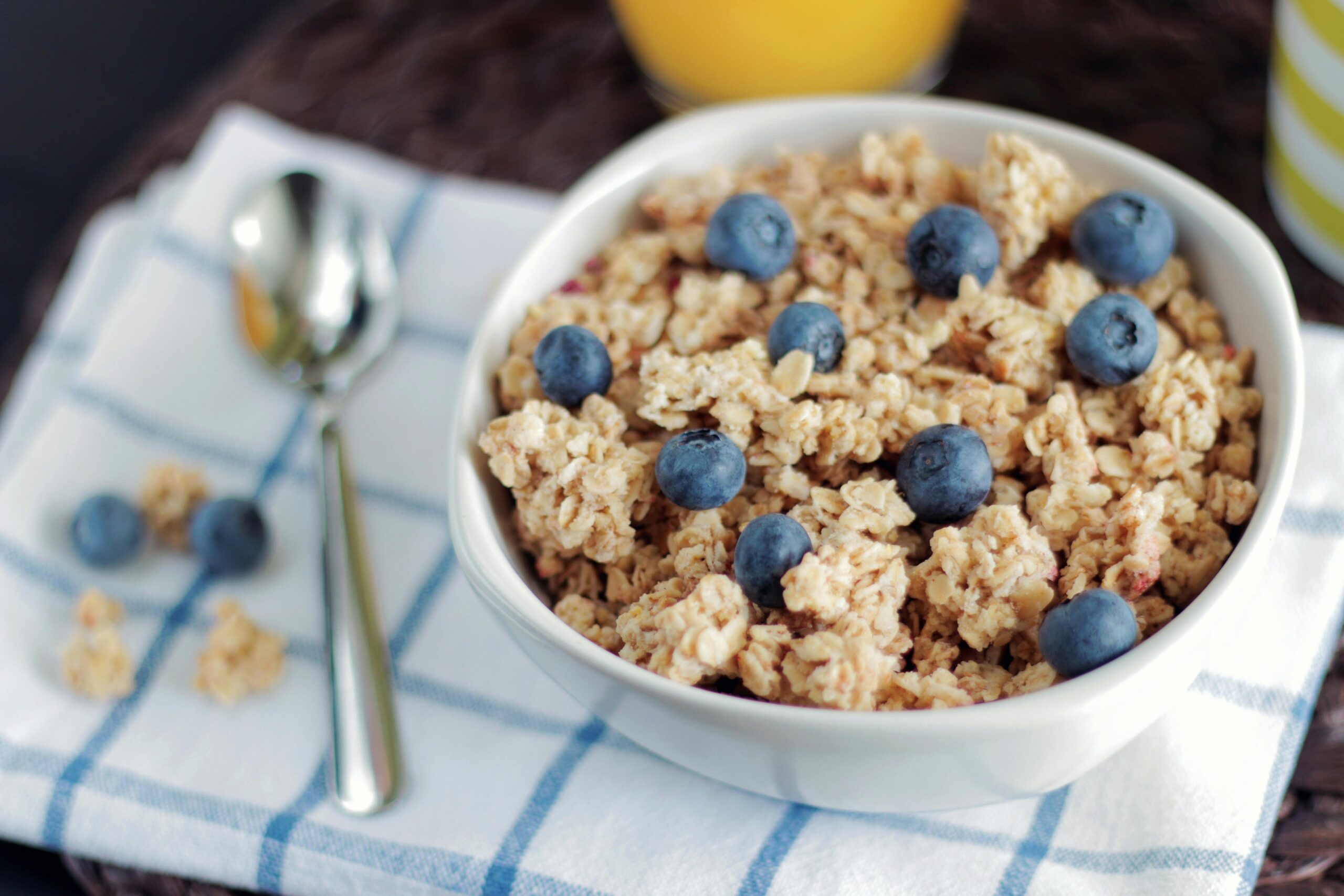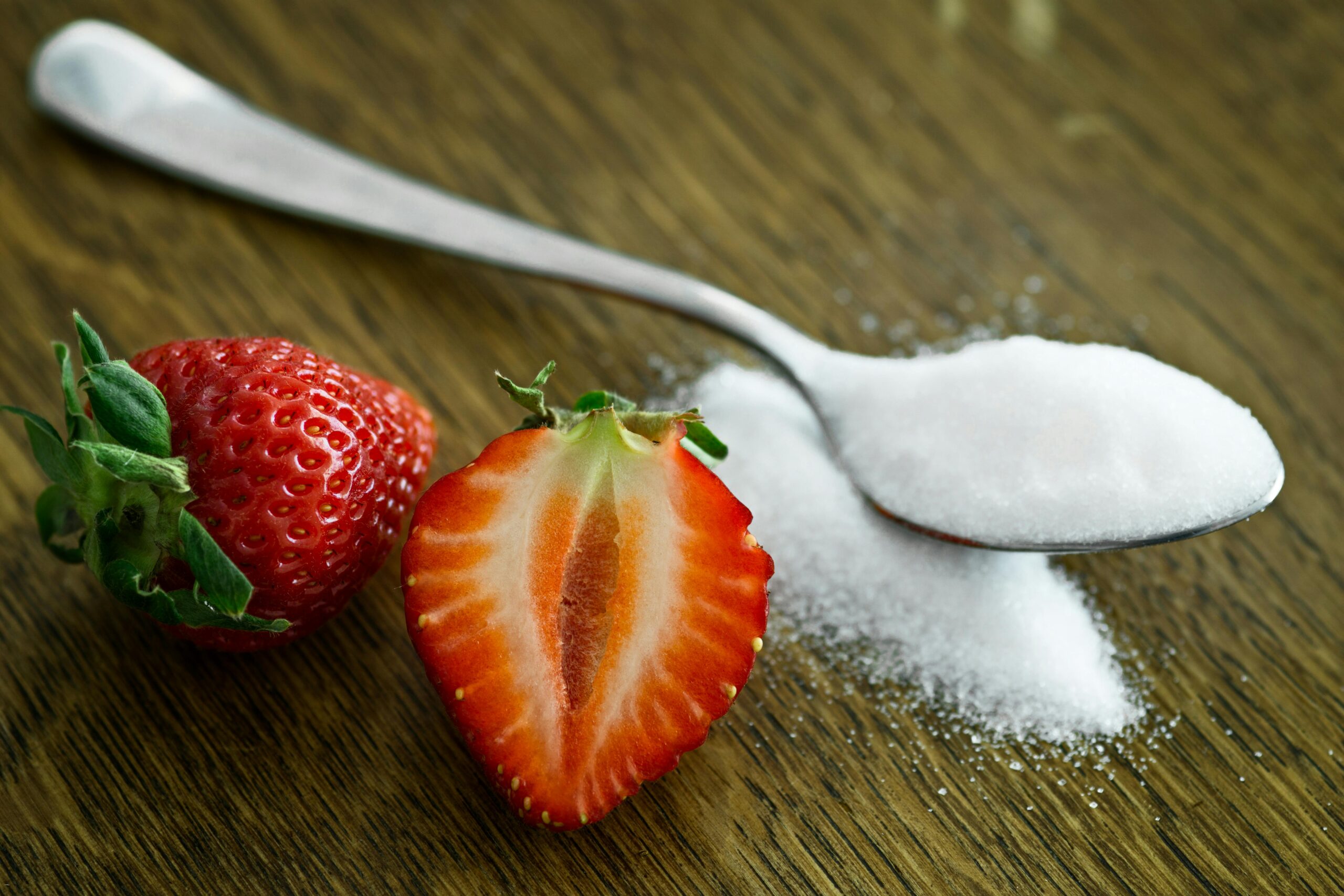For years, we’ve been told that a high-fiber diet is one of the best things we can do for our health. But what if the effectiveness of that healthy breakfast isn’t about the food at all? A new Cornell University study suggests that your body’s response to certain types of fiber depends less on the food itself and more on the unique community of microbes living in your gut. In a discovery that challenges decades of one-size-fits-all nutrition advice, researchers found that for some people, a diet rich in a specific type of fiber can lead to a healthier gut, while for others, that same diet has almost no effect.
This finding points to a future where a personalized approach to your diet, tailored to your own body, is the only way to get real results. The key to this discovery lies within your gut microbiome—the trillions of bacteria and other microorganisms that call your digestive system home. Much like a fingerprint, each person’s gut microbiome is unique and shapes how they process food.
The Two Types of Eaters: Responders and Non-Responders
The Cornell researchers focused on a specific type of dietary fiber called resistant starch. Unlike most starches that are quickly broken down, resistant starch travels undigested all the way to your large intestine. There, it becomes a meal for your gut bacteria, which ferment it and produce beneficial compounds like butyrate, a key nutrient for your colon cells.
To understand how different people’s guts react, the researchers conducted a controlled dietary study with 59 adults who completed the study. The participants consumed a supplement with resistant starch for seven weeks while the scientists analyzed their gut microbiomes from stool samples. The findings were striking: the participants fell into two distinct groups, “responders” and “non-responders”.
The responder group showed a significant increase in beneficial bacteria like Bifidobacterium, which help with gut health. The non-responders, however, showed very little change in their gut communities. The reason for this difference was not the type of resistant starch consumed, but the existing composition of their gut microbiome. The individuals who responded positively already had the specific types of microbes needed to break down the resistant starch.
Why Your Current Diet Matters
The study uncovered another crucial link: people who already ate a lot of dietary fiber seemed to have a microbiome that was better prepared to respond to the resistant starch. This suggests that a person’s overall diet primes their gut, making it more or less receptive to new foods. It also offers a fresh perspective on why some people can easily adopt a high-fiber diet while others experience uncomfortable digestive issues.
These findings make a powerful case for the emerging field of precision nutrition, which aims to provide personalized dietary recommendations based on an individual’s unique biological makeup. “Precision nutrition definitely has a use in determining what dietary fiber we should tell people to eat,” said Angela Poole, the study’s senior author. She noted that less than 10% of Americans eat the recommended amount of dietary fiber, despite decades of public health messaging. Instead of a generic command to “eat more fiber,” future dietary advice could be a hyper-targeted recommendation that tells each person which specific fibers will give them “the most bang for their buck”.
The Future of Personalized Nutrition
This study challenges the long-held belief that all healthy foods are beneficial for everyone in the same way. The future of eating healthy isn’t about finding the next “superfood,” but about understanding the invisible world of microbes that lives inside of us. It’s a clear signal that to build a diet that truly works, we must first unlock the secrets of our own personal ecosystem.
Paper Summary
Methodology
This controlled dietary study involved 59 adult participants over seven weeks. Participants were randomly assigned to one of three groups, each consuming a daily supplement containing either resistant starch from potatoes, from high-amylose corn, or a placebo. Researchers collected stool samples to analyze changes in the gut microbiome.
Results
The study found that a person’s existing gut microbiome and their baseline dietary fiber intake predicted their response to resistant starch. Participants were categorized as “responders,” who showed an increase in beneficial bacteria like Bifidobacterium, and “non-responders,” who showed little change.
Limitations
Key limitations of the study include its small sample size of 59 participants and its relatively short, seven-week duration.
Funding & Disclosures
The research was supported by grants from the President’s Council of Cornell Women and the National Institutes of Health.
Publication Information
Title: Gut microbial features and dietary fiber intake predict gut microbiota response to resistant starch supplementation Authors: Sri Lakshmi Sravani Devarakonda, Dorothy K. Superdock, Jennifer Ren, Lynn M. Johnson, Aura (Alex) P. Loinard-González & Angela C. Poole Journal: Gut Microbes, Volume 16, Issue 1 DOI: 10.1080/19490976.2024.2367301












